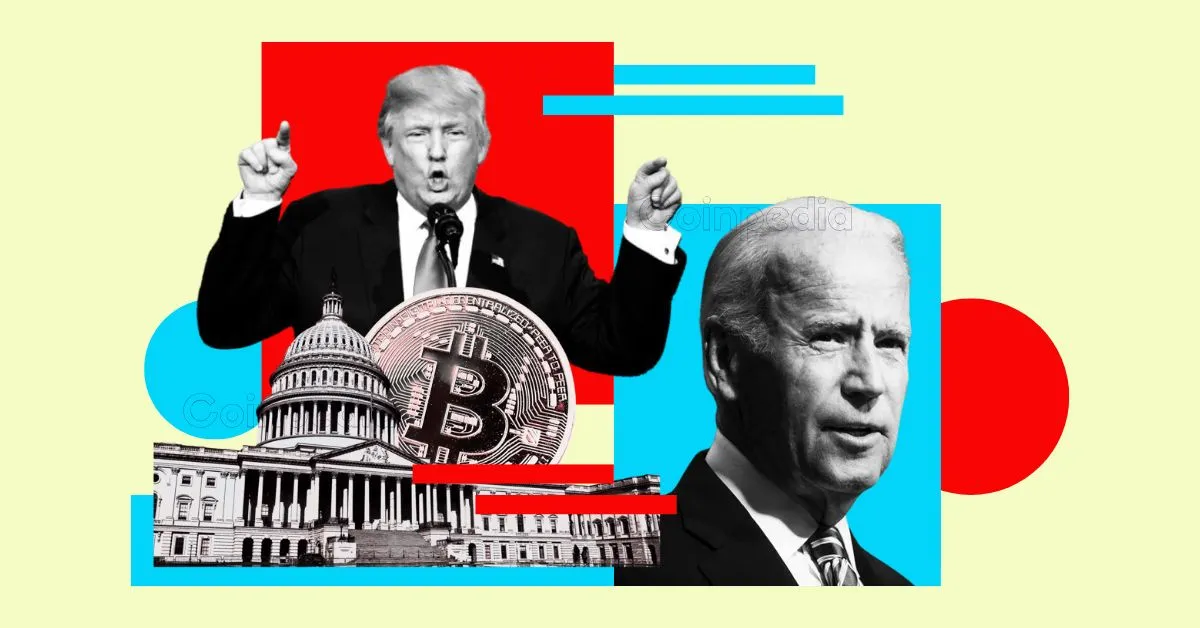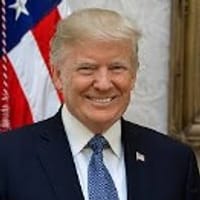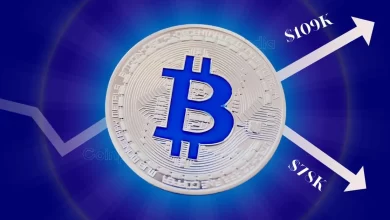
Trump is set to sign an executive order reversing Biden-era restrictions on crypto banking, targeting policies under Operation Chokepoint 2.0.
The order may impact Federal Reserve policies on master accounts and could include a directive that stablecoins should not be classified as securities.
The White House is pushing forward, while Bitcoin and Ethereum prices have dropped amid market uncertainty.
President Donald Trump


Bo Hines, Executive Director of the White House’s Presidential Working Group on Digital Assets, confirmed that action is on the way but did not share specific details. He assured that the crypto industry can expect developments soon.
Hines also emphasized that Trump’s administration is committed to ending Operation Chokepoint 2.0. The term, coined by analyst Nic Carter, refers to efforts similar to the Obama-era Operation Choke Point, which restricted access to banking for industries like payday lenders and gun dealers.
Could This Order Change Federal Reserve Policies?
While the details of Trump’s order are still being finalized, it could affect Federal Reserve policies on master accounts. These accounts, held by federally chartered banks, are essential for direct payments and access to Fed services. Under Biden, the Federal Reserve denied master accounts to crypto-friendly banks like Custodia, limiting their operations and ability to grow.
Fox Business reporter Eleanor Terrett pointed out that this is a major development because the Federal Reserve and FDIC have not yet reversed their anti-crypto stance. Federal Reserve Chairman Jerome Powell recently acknowledged concerns over crypto debanking cases and said the Fed would “take a fresh look” at the issue.
Legal Challenges Loom as White House Pushes Forward
Although the Federal Reserve operates independently, the Trump administration is moving ahead with its crypto-friendly agenda. Senior White House officials are expected to meet Thursday to evaluate potential legal challenges before finalizing the order.
However, a White House official denied that any such meeting is scheduled but confirmed that efforts to reverse Operation Chokepoint 2.0 are already underway. With crypto regulation rapidly changing, all eyes are on what happens next.
Executive Order May Go Beyond Banking
The upcoming order might not stop at banking regulations. It could also include a directive stating that stablecoins, which are pegged to the US dollar, should not be classified as securities. This would be a major shift in policy and could ease regulatory pressure on stablecoin issuers.
If signed, this would be Trump’s third crypto-related executive action since returning to office. The first, issued on January 23, created the Presidential Working Group on Digital Asset Markets. The second, signed last week, ordered the establishment of a US government Bitcoin reserve along with a separate stockpile of other digital assets.
Bitcoin and Ethereum Prices Fall
Trump’s recent Crypto Summit disappointed industry leaders, as his Bitcoin reserve plan focused on using seized assets rather than making fresh purchases. Meanwhile, broader economic policies, including new tariffs on China, have added to market uncertainty.
As a result, institutional investors have pulled funds from Bitcoin and Ethereum ETFs. Bitcoin dropped below $80,000 for the first time in four months, while Ethereum fell to $1,870. With crypto policies shifting fast, the market remains on edge for what comes next.
Never Miss a Beat in the Crypto World!
Stay ahead with breaking news, expert analysis, and real-time updates on the latest trends in Bitcoin, altcoins, DeFi, NFTs, and more.







